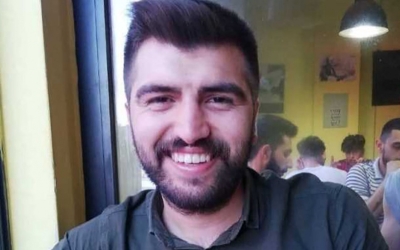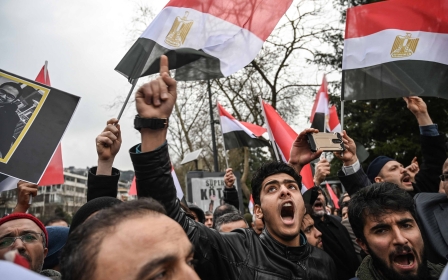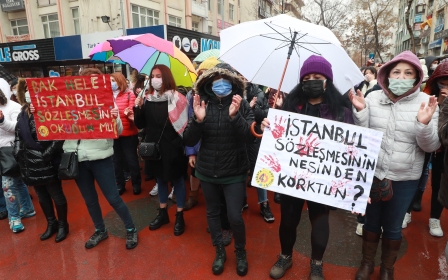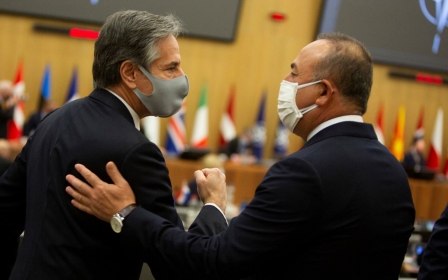Turkey: Saturday Mothers to appear in court charged with illegal gathering
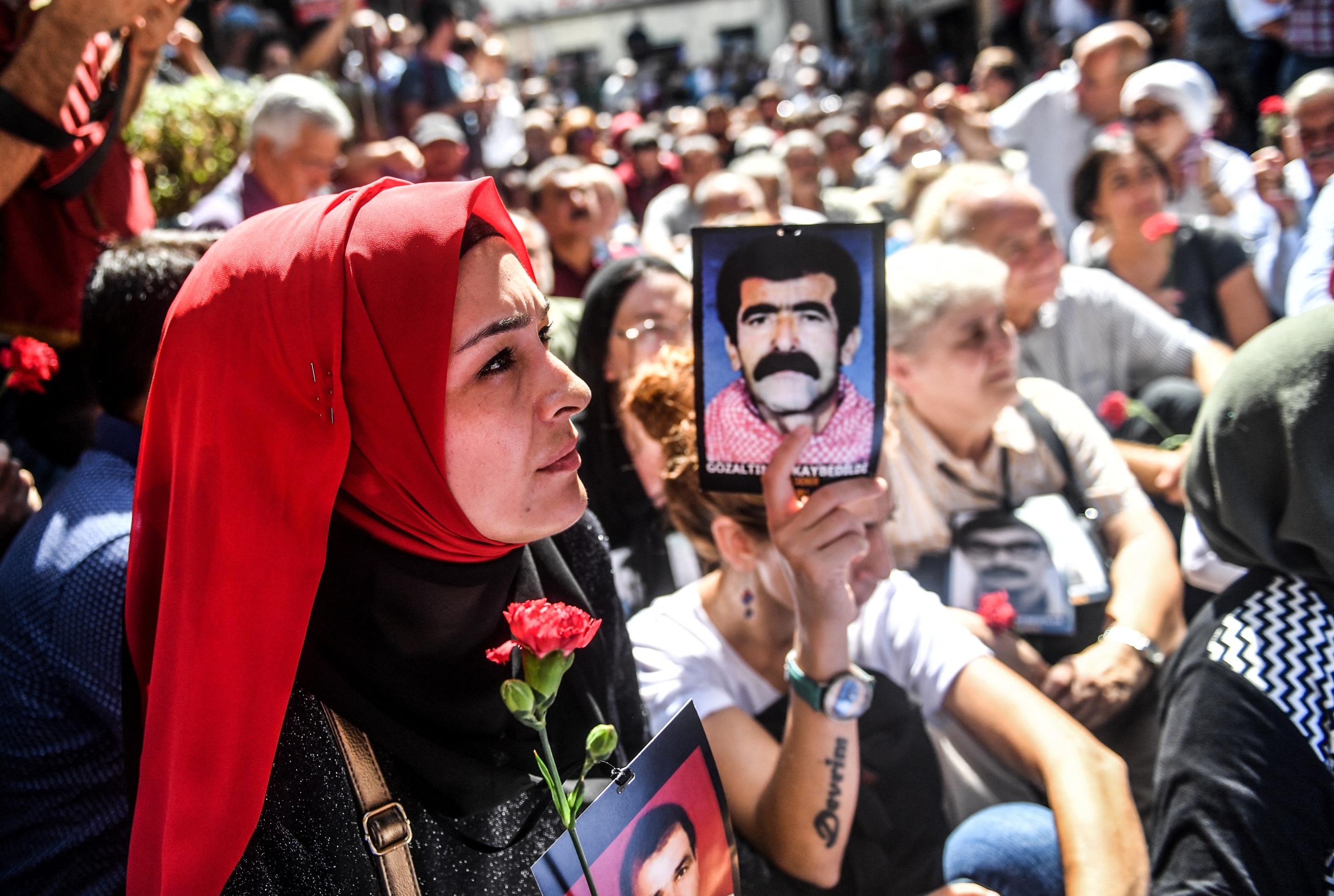
Activists who have spent 25 years campaigning for information on their disappeared relatives are set to appear in court in Istanbul on Thursday, charged with participating in an illegal meeting.
The Saturday Mothers, as the group are known, have held a vigil in Istanbul's Galatasaray Square with red carnations each week since 27 May 1995, demanding to know the whereabouts of relatives kidnapped and killed at the height of Turkey's "dirty war" in the 90s.
At their 700th rally on 25 August 2018, police broke up the meeting and arrested a number of the attendees after the vigil was declared illegal. Among those detained was one of the founding Saturday Mothers, 83-year-old Emine Ocak, whose son Hasan was kidnapped and disappeared in March 1995.
On Thursday, 46 members of the group faced trial at the Istanbul Caglayan Justice Palace on accusations of "participating in illegal meetings and marches without weapons and not dispersing spontaneously despite warning".
Prosecutors are asking for up to three years in jail for some of those involved. The Saturday Mothers called for protests to be held outside the courtroom.
"In the 700th week, our meeting was prevented by police violence upon the instruction of the interior minister," the group said on Twitter.
"Gas was used, we were dragged on the ground, we were taken into custody. 46 of our friends, who were detained that day, have been sued. Take care of our search for our children, our square."
'Peaceful assembly'
In the 80s and 90s, particularly after the beginning of the war with the Kurdistan Workers' Party (PKK), far-right organisations, often with links to the state and organised crime, would regularly abduct and murder left-wing and pro-Kurdish activists.
In the past, Turkish President Recep Tayyip Erdogan had declared support for the protest and met with them to listen to their concerns.
However, following the break up of the 700th meeting - and the subsequent banning of the vigil - Omer Celik, a spokesperson for the ruling Justice and Development Party (AKP), said the group had been infiltrated and there were now "terrorist groups openly taking advantage of this space".
In a statement on Thursday, three international human rights organisations called for the acquittal of all those on trial.
"Amnesty International, Human Rights Watch and Front Line Defenders urge the Turkish authorities to call for the immediate acquittal of the 46 and guarantee their right to freedom of expression and peaceful assembly," read the statement, which called for an "immediate, thorough and impartial investigation into the allegations of excessive use of force and ill-treatment by the police in Istanbul’s Galatasaray Square on 25 August 2018, with a view to bringing those responsible to justice in accordance with international fair trial standards."
The vigil was was previously stopped between 1999 and 2009 following a severe crackdown by the government at the time. Though the vigil resumed in January 2009, it was again banned in 2018.
At the time, Human Rights Watch denounced the ban as a "provocative and shameless attack on the right to non-violent assembly and free speech". "It is appalling to claim, as the interior minister and AKP spokesperson have done, that the mothers are exploited by terrorists," said Emma Sinclair Webb, senior Turkey researcher at Human Rights Watch.
"As the Turkish government well knows there is plenty of evidence that the perpetrators of the disappearances in the 1990s were members of the security forces and paramilitaries connected with the state."
Middle East Eye propose une couverture et une analyse indépendantes et incomparables du Moyen-Orient, de l’Afrique du Nord et d’autres régions du monde. Pour en savoir plus sur la reprise de ce contenu et les frais qui s’appliquent, veuillez remplir ce formulaire [en anglais]. Pour en savoir plus sur MEE, cliquez ici [en anglais].


